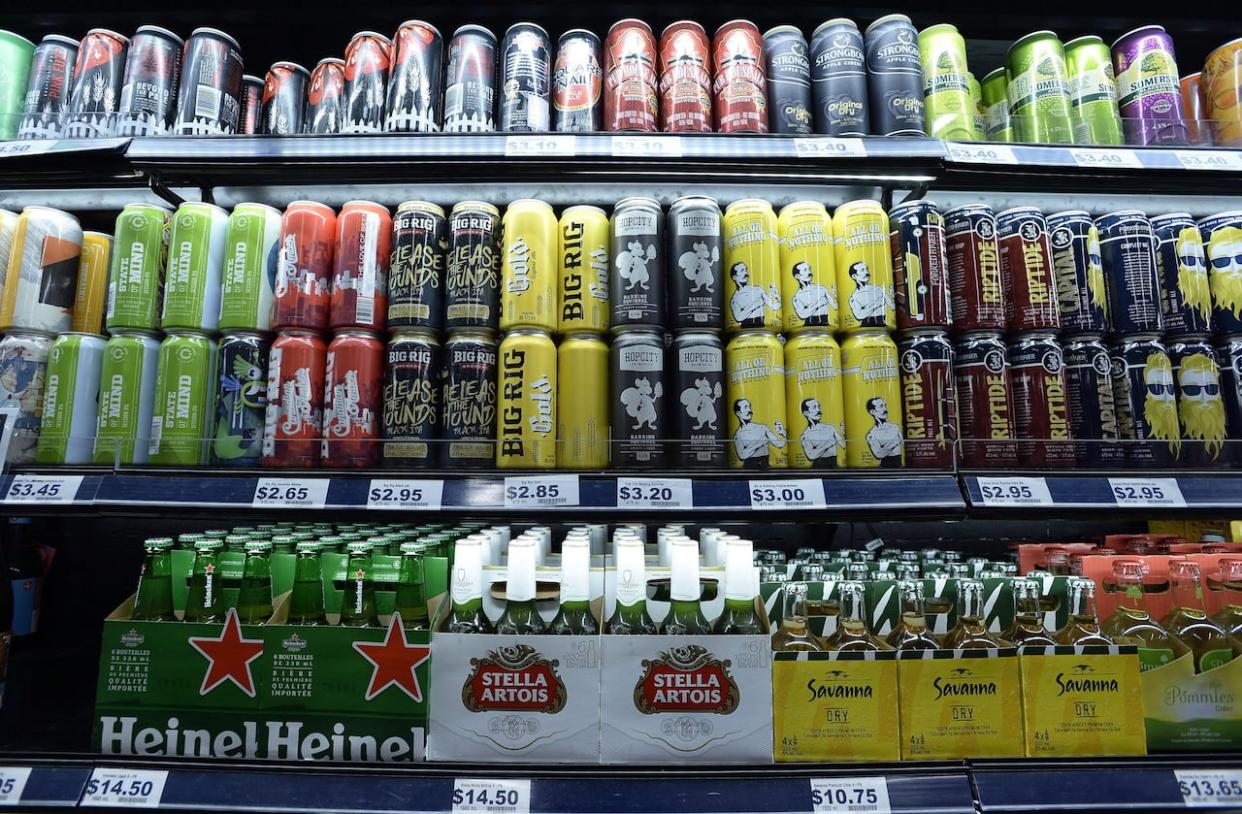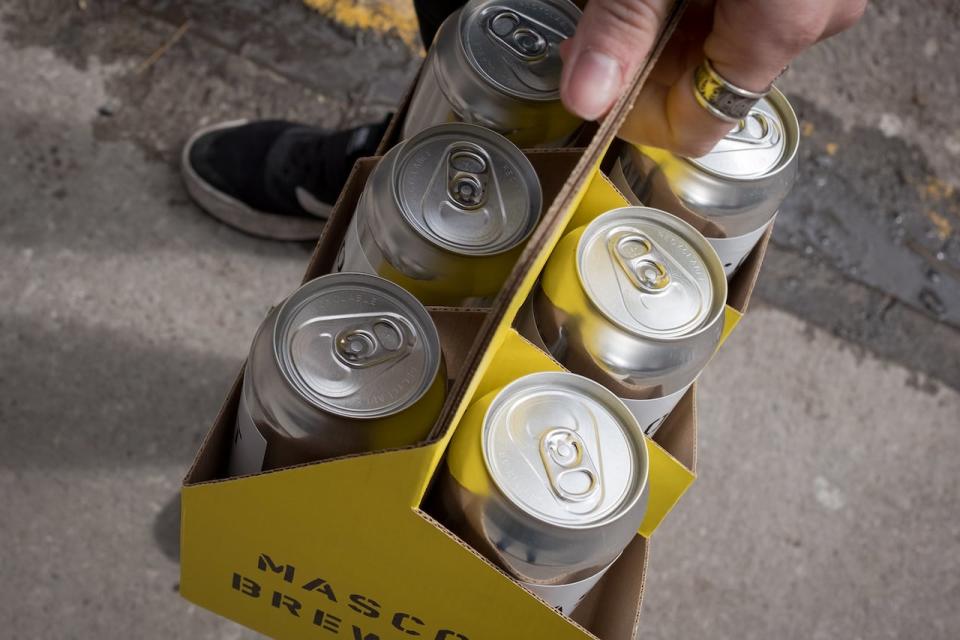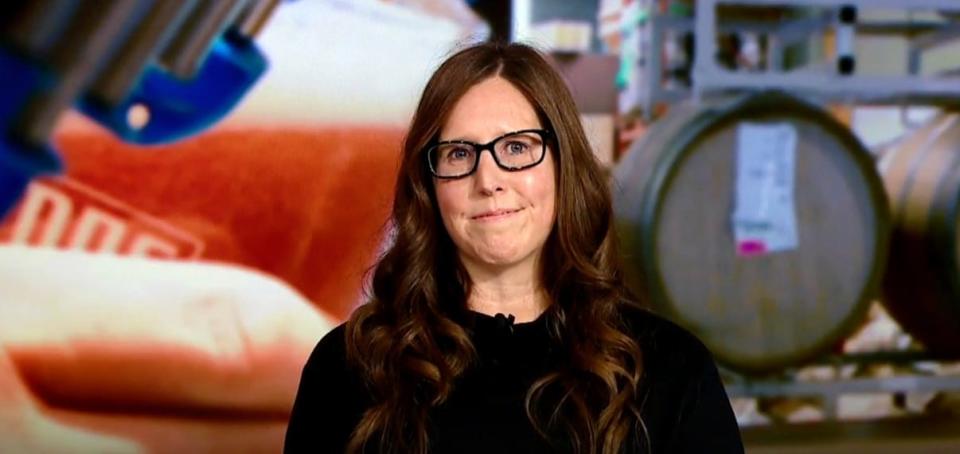Beer industry pushes for last-minute reduction to looming federal tax increase — again

The beer industry is again calling for a last-minute reduction to the federal beer tax — which is set to increase on April 1 — as brewers and consumers continue to struggle with costs.
According to an official adjustment published by the Canada Revenue Agency over the past week, the excise duty rate is set to increase by 4.7 per cent this spring to account for inflation.
But Beer Canada, the association that represents various brewers countrywide, wants that increase reduced to two per cent.
If that sounds familiar, it's because a similar situation happened last year. Brewers were facing a 6.3 per cent increase, a historic high, until the federal government capped the tax at two per cent right before the deadline.
"What we're trying to communicate to the government is that a lot of the rationale and the circumstances that supported that decision last year still exists today," said Luke Chapman, vice president of federal affairs at Beer Canada.
Chapman says the hike could result in "moderate increases" in retail prices and hurt the already-struggling hospitality sector.
"It would be a great opportunity for the government to come out and say, 'We hear you … and we're going to do this one small measure to demonstrate that we're aware this is a challenging time for a lot of people and raising taxes is not appropriate under the existing circumstances.'"
Inflation-tied tax
Excise duties are also imposed on spirits, wine, tobacco, cannabis and vaping products, and are charged to producers.
The tax has been tied to inflation since 2017, but high inflation over recent years has resulted in tax rates not seen for decades.

Last year, the federal government capped the tax at two per cent right before the April deadline. This year, frustration is again growing among producers as the 4.7-per-cent increase approaches. (Evan Mitsui/CBC)
The House of Commons Standing Committee on Finance — which includes federal political parties across all affiliations — recently voted unanimously to cap the increase at two per cent again this year.
According to a statement from Katherine Cuplinskas, press secretary for the office of the Deputy Prime Minister and Minister of Finance, excise duty rates are adjusted to account for inflation on an annual basis by law.
"We know that the cost of living is a real concern for Canadians. That is why our economic plan is focused on making life more affordable. For example, by calling on Canada's major grocers to stabilize grocery prices and implementing supply-side solutions, such as affordable early learning and child care," she said.
The rate is applied according to the volume of beer a brewery produces and the amount of alcohol in the beer.
For domestic brewers producing beer containing more than 2.5 per cent absolute ethyl alcohol by volume, the current excise tax ranges from $3.552 to $30.192 per hectolitre (100 litres) of beer.
Smaller cap for smaller brewers
Blair Berdusco, executive director with the Alberta Small Brewers Association (ASBA), which represents 130 independent small brewers in the province, says those businesses feel the impacts of tax hikes to a greater degree.
"It may seem like a small amount ... but [for] the smallest breweries in Canada, it costs a lot more for us to make one can of beer than it does for larger manufacturers," she said.
"A small amount can actually be the difference of hiring a new employee, or investing in growth in your brewery, or even being able to afford the ingredients that you want to use to make a new product."

Blair Berdusco, the executive director of the Alberta Small Brewers Association, said the increase could mean another $750 to $2,500 a year in taxes for small brewers. (CBC )
Further, Berdusco believes the uncertainty brewers are facing makes it difficult to plan ahead and find ways to keep prices down for consumers.
It's why the ASBA, alongside the Canadian Craft Brewers Association, have formed a different proposal based on their own economic impact assessments.
"We're actually proposing a 50 per cent reduction to current rates for those brewers that make under half a million hectolitres per year, which is about 1,200 craft breweries across Alberta. And then anything above that half a million, we propose only a 1.8 per cent increase."
As the deadline looms, Berdusco says she remains optimistic that the federal government will again listen to the beer producer industry's concerns.

